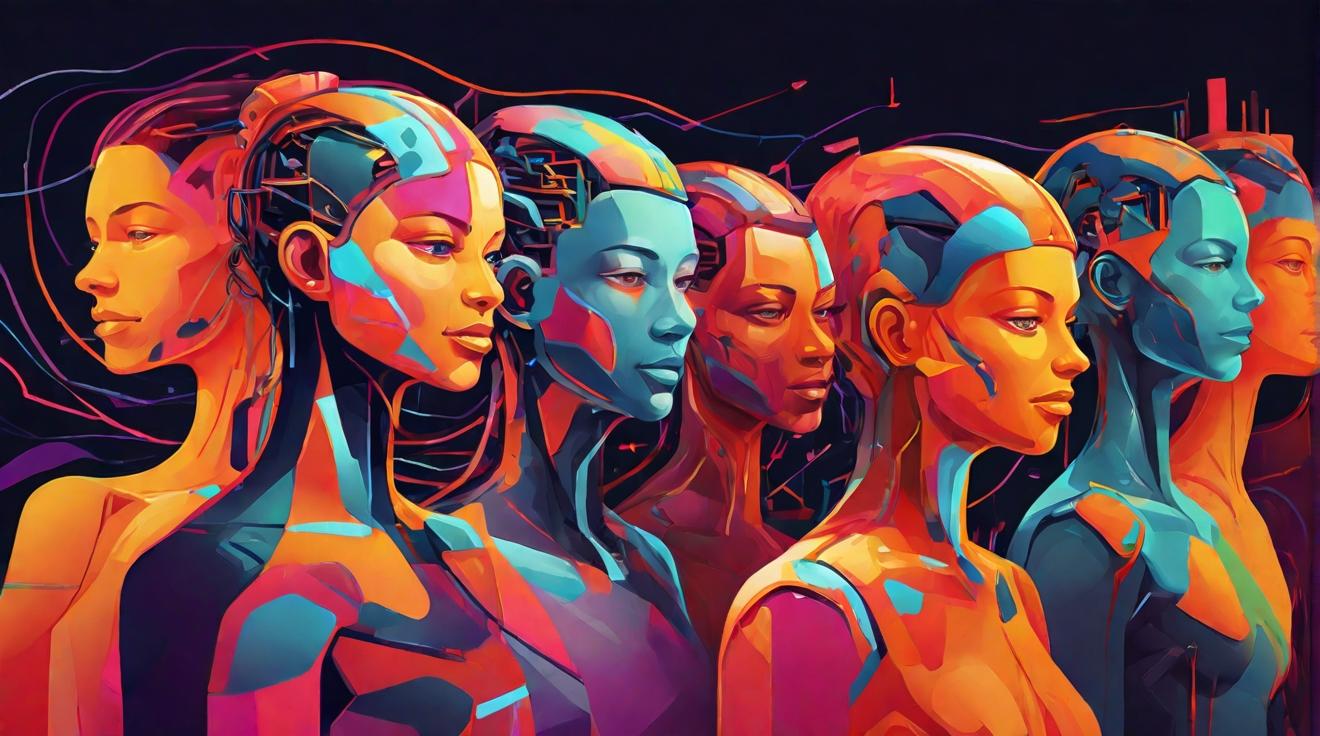Contradictions Rule as AI Meets the Future of Work
The intersection of artificial intelligence (AI) and the future of work is crowded and a bit confusing these days. On one hand, companies like Google and Duolingo have cut staff recently with the implication that AI was the underlying cause. On the other hand, the prevailing wisdom among CEOs and various analysts indicate that AI is not coming for your job. But it will be a major factor in how your work gets done.
According to a report by HR think tank The Burning Glass Institute, early adopters of AI will experience a leap in worker productivity as AI automates, augments, or transforms various job roles. This will lead to a surge in output in the short term, resulting in a spike in overall revenue. However, the report warns that this productivity growth will eventually hit a wall, necessitating difficult decisions such as workforce reductions. The Burning Glass Institute ranked industries and job functions based on their exposure to AI, with mortgage brokers, investment banking, commercial banking, accounting, and investment advice listed as the most vulnerable to AI disruption.
However, not every scenario is as pessimistic as the Burning Glass report suggests. The World Economic Forum (WEF) offers a more optimistic outlook, identifying three potential outcomes of AI’s influence on work. The first scenario is job creation, particularly in the automotive and aerospace industry, where 73% of companies expect employment gains. The WEF also highlights that AI and big data skills are the number one priority for companies with over 50,000 employees, indicating a demand for workers with expertise in these areas. The third scenario proposed by the WEF is that AI will augment tasks rather than fully automate them, which aligns with data showing that only a small percentage of operational tasks will be automated in the next five years.
CEOs who spoke at The WEF Forum in Davos echoed the notion that AI is a job creator in the short term. For example, L’Oreal CEO Nicolas Hieronimus stated that half of the company’s recent hirings have been related to data or AI. However, Hieronimus also highlighted the need for a better work-life balance and expressed hope that AI could free up time for employees by helping them process data more efficiently.
Despite the potential benefits of AI, a research survey conducted by global insurance brokerage Arthur J. Gallagher found that only 10% of corporate communications professionals were familiar with AI usage within their organizations. This lack of awareness and planning around AI implementation could explain why 50% of the surveyed professionals are skeptical or fearful of its impact. The report emphasizes the importance of creating an AI plan to overcome barriers such as the lack of time and financial resources.
In conclusion, the future of work in the era of AI is filled with contradictions. While some industries and job functions face potential disruptions, others anticipate job gains and improved productivity. The key lies in effective planning, investment, and education to harness the benefits of AI while minimizing its negative consequences.
Analyst comment
Overall, this news can be evaluated as neutral. The market may experience a surge in productivity and revenue in the short term as AI is adopted, but there may also be eventual workforce reductions. Some industries, such as automotive and aerospace, may experience job gains, but there is a lack of awareness and planning around AI implementation. Effective planning, investment, and education are crucial to maximize the benefits of AI while minimizing negative consequences.













